Last week at a conference I learned the term “Beginner’s Mind.” I had never heard that term before but it comes from Zen Buddhism. It is the idea that as we become more expert at something, we stop seeing possibilities. We close our mind to new ways of seeing and doing–relying instead on what we already know–our expertness.
The beauty of teaching new classes or trying new assignments or working with new people is that it shows us the creativity that comes with giving up our expert position. I just saw this in my English 99/108 class when one of my colleagues who has only taught the class once before made a suggestion on our second project assignment that made it much better. I had been doing it one way without really thinking about it. But her newness to the topic gave her the ability to see a better way.
Beginners Mind also includes the idea that we should be more forgiving with ourselves. The conference session where I learned this term was on bouncing back from failure. The session presenters asked us to think of a recent failure and then come at it with Beginner’s Mind. That means we embrace the failure and are compassionate with ourselves as we examine it. We also get rid of “shoulds” and blame. So rather than beating ourselves up over a failure, saying I am such a loser or I am so disorganized, the presenters suggested that to reframe the way we think about the failure, we fill in the blanks of this sentence: I thought my failure was about ______, but it was really about _____. So in thinking about a recent classroom fail, we might say this: I thought my failure was about my being a bad teacher, but it was really about me not understanding that my students needed more background information to understand this topic.
I’m trying to integrate this new way of thinking into my day-to-day personal and professional life. I love the move away from blame and self-criticism and toward deeper understanding and creativity. This opens our eyes to possibility, to what might be–and ultimately makes us more reflective and effective teachers.

